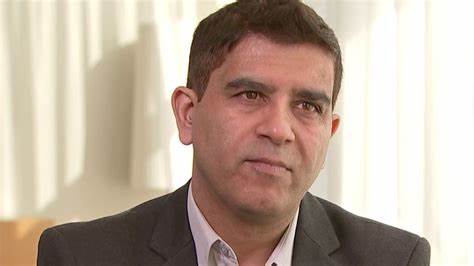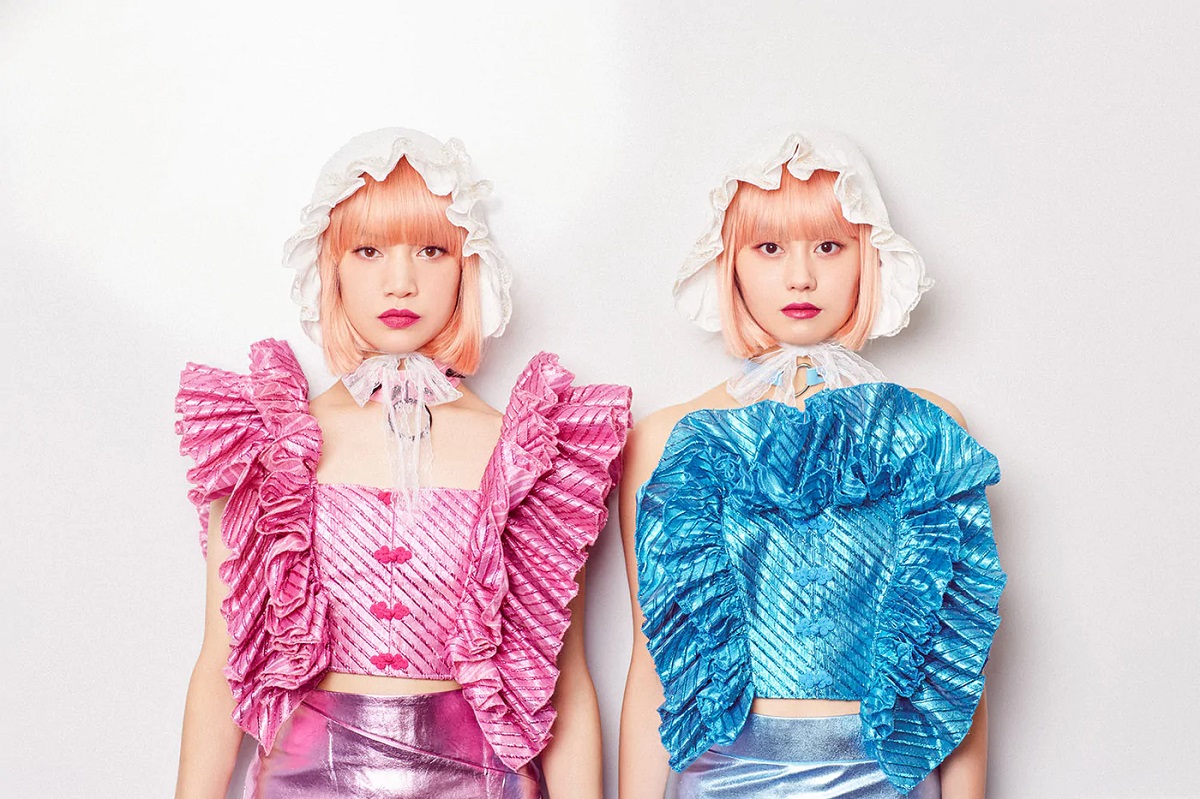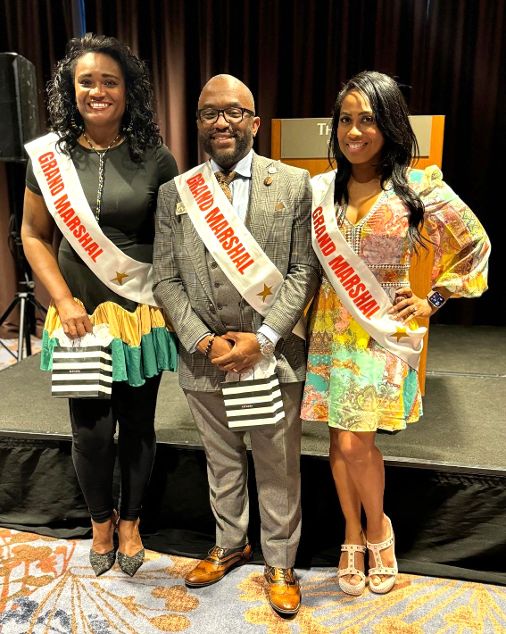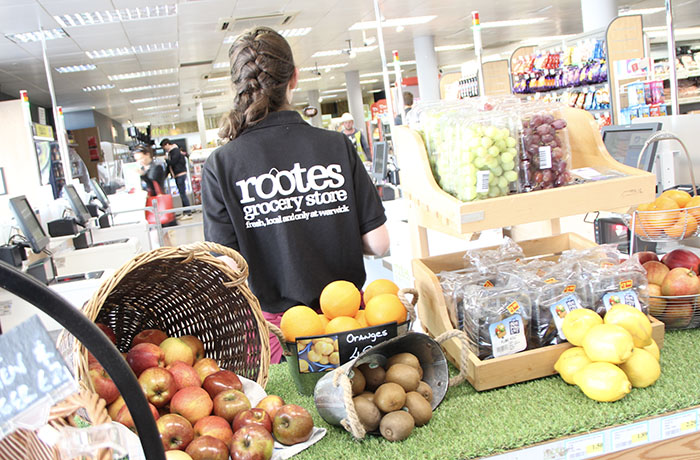Move over K-pop: as Asian acts continue to dominate the streaming charts, J-pop is tipped to be the next big music scene to make a full-force impact in the UK. This July, Evolution London in Battersea Park plays host to HYPER Live, a two-day mini Japanese music festival showcasing some of the most exciting, up-and-coming artists from the country.
Part of HYPER JAPAN, the UK’s biggest celebration of Japanese culture, it is the first time that event organisers have hosted a standalone music festival in London. The festival bill features exclusive performances from artists spanning the J-pop genre, and was created in response to the growing demand for Japanese music in the UK.
Chris Roaf, organiser of HYPER Live says: “The Japanese music industry is going from strength to strength, shrugging off its clichés and producing some exciting new artists making innovative records. We're so excited to be bringing two days of J-music to London and hope that this unforgettable event is only the start.”
Want the lowdown on J-pop? Here, HYPER JAPAN and HYPER Live share all you need to know about the music scene, alongside some exciting acts to catch at the festival this month.
Japanese music, or J-pop, is the most popular genre of music in Japan. It first emerged in the 1990s and has grown in global popularity thanks to streaming sites like YouTube. While it’s technically called ‘pop’ music, the term is slightly more vague, and J-Pop can refer to everything from metal acts and RnB outfits to soulful ballads and traditional girl and boy bands.
Although it became mainstream in the 1990s, J-Pop’s roots can be traced all the way back to the Shōwa period from 1926 to the end of World War II in 1945. Musicians used instruments typically used in military marches or classical ensembles to create jazzy, soulful music at the birth of the movement. It was at this time that ‘OngakuKissa’ began to pop up around the country, bohemian cafés where people could enjoy live jazz music.
Throughout the 1950’s, American rock ‘n’ roll music became popular in Japan, and Japanese artists began blending traditional Japanese pop music with new sounds. As the 1960s arrived in Japan, ‘kayoukyoku’ (standard Japanese pop) continued to rule the charts alongside the more traditional ‘enka’, a type of Japanese popular music that uses pentatonic scales and ‘kobushi’, a melismatic vocal technique.
During this time, so-called ‘cover pops’ became popular as Japanese covers of western songs flooded the market. Plus, as Beatlemania spread through the country, a new sub-genre called ‘Group Sounds’ sprang up with Japanese bands emulating the Merseybeat sound. Japanese rock music took a further turn in the late 1980s with the arrival of ‘visual kei’, an androgynouse sub-genre of music that was famous for its elaborate hairstyles and gothic makeup.
The 1990s marked a turning point in Japanese music. Not only did the term J-pop officially get coined, but J-pop became a commercial success as Japan built the second-largest music industry in the world (second to the US). Music sales boomed as clever marketing schemes saw around 350 million CDs, tapes and other recordings, worth $5 billion sold in Japan each year.
Today, About 75% of the Japanese music market is domestic and 25% is international, demonstrating the dominance of local artists. Some of the biggest J-Pop artists in the music business are solo singer Hikaru Utada, who has sold over 50 million records since launching her career in the late 1990s, boy band Arashi and all-female kawaii metal band Babymetal.
FEMM are a Japanese electronic dance music duo, composed of RiRi and LuLa. For almost a decade, the band has been at the forefront of the J-pop movement. With their global following of ‘Agents’ (the name of FEMM’s fans), the duo have popularised a new genre known as ‘Hyper Pop’ - a retro-futuristic sound with digitised vocals.
FEMM have worked with some of the biggest songwriters in global pop music including Brian Lee (Lady GaGa, Justin Beiber) and Dan Book (Brittany Spears, Demi Lovato), and are embarking on their first UK tour this summer.
Necronomidol are a Japanese heavy metal group whose sound is a mix of darkwave, synthwave, black metal, Japanese folk music, J-pop and other eclectic genres.
Taking inspiration from the occult and paranormal, their lyrics, outfits and on-stage visuals make reference to Western horror movies, Japanese horror and H. P. Lovecraft's cult stories.
Necronomidol are part of Japanese idol culture - the name given to Japanese bands that are manufactured to sell a specific type of image. Necronomidol, however, are what’s known as an alt-idol group that is typically darker and edgier than classic Japanese idols.
Miura Ayme has been performing as a solo artist since 2018, and as well as writing and composing his own songs, he’s also well-known in Japan as a voice actor, cosplayer, actor, and a mystery game writer. With more than 73K followers on Instagram, the J-pop star has gained a cult following in Japan.
In 2019, he took part in Anime Expo in the USA, appearing as an official cosplayer of ‘Obey Me!’ from the US number 1 otome game series ‘Shall We Date’, in which he voice acts in and performs the theme song. In 2020, the theme song, ‘Sinful Indulgence’, was officially released and has been streamed over 2 million times and counting.
Mysterious Japanese band blank paper’s name comes from their writing process: they start with a blank piece of paper and see where the inspiration takes them. The result of this creative process they call ‘bpm’, or ‘blank paper medicine’.
Their experimental music is a mash-up of male and female vocals spoken in both English and Japanese, backed by crushing pop and heavy metal riffs. Illusively, the identity of blank paper’s core members has yet to be disclosed beyond the code names ‘C45P3R’ and ‘T3R354’.
Known as the best-loved celebration of Japanese culture in the UK, HYPER JAPAN will take place in a full three-day celebration set up to welcome J-culture enthusiasts or three-generation families looking for inspiration to the curious connoisseurs of creativity.
The hotly anticipated event, where tickets are already selling fast, will bring together the best Japanese food, music, shopping, live entertainment, cosplay, anime and fashion to Evolution London in Battersea Park. Having launched in 2010, HYPER JAPAN is an opportunity for fans of J-culture to meet and discover more about the country’s modern and ancient traditions.
Across stalls, stages and workshops, ticket holders will be able to experience authentic Japan with chefs, designers, musicians and craftsmen showcasing the best new trends and traditions under one roof.
As part of this year’s HYPER JAPAN Festival 2022, HYPER JAPAN and Orion Live present two nights of exclusive performances from Japanese artists on the 23rd and 24th July. Held at Evolution London in Battersea Park, the exclusive two nights of music will take place after dark, after HYPER JAPAN festival during the day.
HYPER JAPAN festival ticket holders get a discount on the ticket price of HYPER Live music festival, which costs £40 for a two-day pass or £30 with ticket-holder discount.












